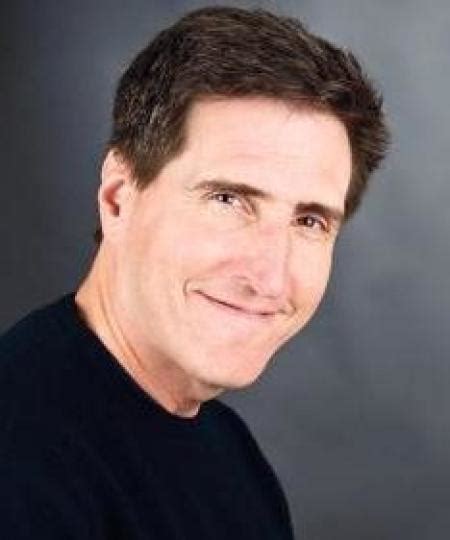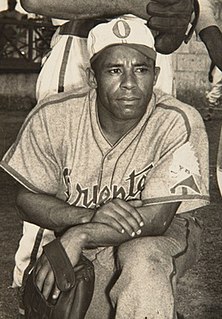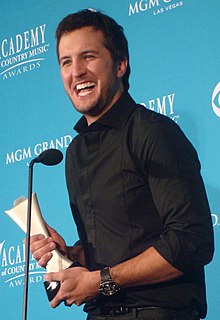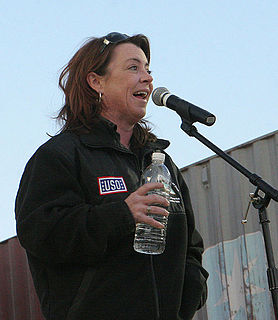A Quote by Amiri Baraka
I'm fully conscious all the time that I'm an American Negro, because it's part of my life. But I also know that if I want to say, 'I see a bus full of people,' I don't have to say, 'I am a Negro seeing a bus full of people.'
Related Quotes
I maintain that I have been a Negro three times--a Negro baby, a Negro girl and a Negro woman. Still, if you have received no clear cut impression of what the Negro in America is like, then you are in the same place with me. There is no The Negro here. Our lives are so diversified, internal attitudes so varied, appearances and capabilities so different, that there is no possible classification so catholic that it will cover us all, except My people! My people!
And so I continue in borderline poverty, save for my one indulgence, no, my single absolute necessity: I take cabs. Yes, on occasion, when I wish to see what people with unpleasant skin conditions are wearing, I do take the subway. I have never, I am proud to say, taken the bus, because people who take the bus have given up.
As the bus slowed down at the crowded bus stop, the Pakistani bus conductor leaned from the platform and called out, "Six only!" The bus stopped. He counted on six passengers, rang the bell, and then, as the bus moved off, called to those left behind: "So sorry, plenty of room in my heart - but the bus is full." He left behind a row of smiling faces. It's not what you do, it's the way that you do it.
I've always been interested in history, but they never taught Negro history in the public schools...I don't see how a history of the United States can be written honestly without including the Negro. I didn't [paint] just as a historical thing, but because I believe these things tie up with the Negro today. We don't have a physical slavery, but an economic slavery. If these people, who were so much worse off than the people today, could conquer their slavery, we can certainly do the same thing....I am not a politician. I'm an artist, just trying to do my part to bring this thing about.
Negro writers, just by being black, have been on the blacklist all our lives. Do you know that there are libraries in our country that will not stock a book by a Negro writer, not even as a gift? There are towns where Negro newspapers and magazines cannot be sold except surreptitiously. There are American magazines that have never published anything by Negroes. There are film studios that have never hired a Negro writer. Censorship for us begins at the color line.
The history of the American Negro is the history of this strife, - this longing to attain self-conscious manhood, to merge his double self into a better and truer self. In this merging he wishes neither of the older selves to be lost... He simply wishes to make it possible for a man to be both a Negro and an American.
'Black' is an adjective, in my book, and the way I use it, sometimes I'll say 'black people.' But if I'm talking about a person, I'm going to say 'a Negro,' because I was taught to say that, and I don't see any reason to change it. I don't think that gives pride or anything else. I don't think you get pride by calling yourself this or that.





































